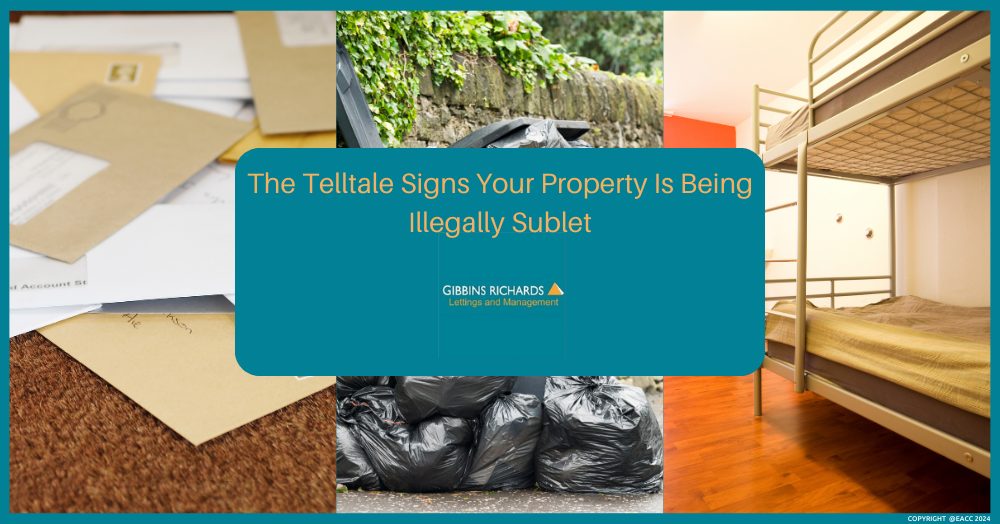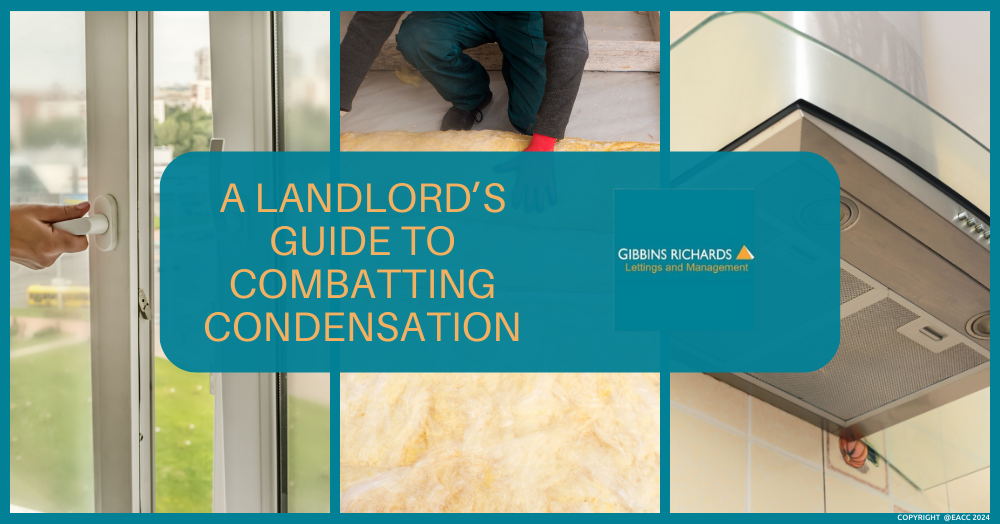Blog
- Details
- Hits: 141
In the winter, we’re guaranteed a few things.
It’ll be raining when we least want it to.
A local postie will still be wearing shorts, no matter how cold it is.
And condensation will appear at some point – often in our homes.
While you can’t do anything about the weather (or the postie’s clothing choices), you can take some simple steps to combat condensation.
We’ve come up with seven quick fixes that can dramatically reduce the risk of condensation, ensuring your home stays fresh and clean.
- Consider using portable dehumidifiers, particularly in high-moisture areas like kitchens and bathrooms. These handy devices can significantly lower moisture levels, creating less chance of condensation.
- Another daily habit to adopt is wiping down your windows each morning. This simple action removes condensation and prevents mould growth on windowsills – a common problem in many homes.
- Proper ventilation is key. Make it a routine to open your windows for at least 15 minutes daily. This practice allows fresh air to circulate throughout your home, reducing moisture and improving air quality.
- Maintaining a consistently warm indoor temperature is also crucial to prevent the cold surfaces that condensation loves to cling to.
- How you arrange your furniture can also impact air circulation. Ensure there is a gap of at least two inches between your furniture and external walls. This space allows air to move freely, reducing moisture build-up.
- Don’t forget the role of extractor fans. When cooking or showering, use these fans to remove excess moisture. It’s also a good idea to leave them running for 10-20 minutes after you’ve finished.
- Lastly, be mindful of where you dry your laundry. Drying clothes indoors without adequate ventilation can significantly increase indoor humidity. Whenever possible, dry your laundry outside or in well-ventilated areas.
Adopting these simple measures can play a crucial role in maintaining a comfortable, condensation-free home.
If you have any questions or need further advice about anything to do with rental properties, don’t hesitate to contact us. We’re here to help.
- Details
- Hits: 161
Did you know that one in ten tenants admit to illegally subletting their rental property*?
The practice is even more common among young people; in a recent survey, 25% of tenants aged 18 to 24 confessed to secretly subletting all or part of their rental.
So why should landlords be concerned about illegal subletting? After all, if the rent still gets paid on time, what’s the problem? Here are a few reasons.
- You have no idea who is living in your property and what kind of illegal or unwise activities they’re undertaking.
- It can breach the terms of your mortgage and invalidate your landlord insurance.
- If your tenant sublets to several people, your property could, by stealth, qualify as a house in multiple occupation (HMO). The council could fine you for not meeting HMO regulations.
- Trying to regain possession of a property can be more complicated and costly.
What are the signs of illegal subletting?
- You notice an increase in the number of people coming and going from the property.
- Mail deliveries spike, including letters addressed to people not listed as tenants.
- The bins are full to overflowing.
- You find bunk beds or mattresses in bedrooms.
- The legitimate tenant is not returning your calls and always has an excuse as to why you shouldn’t pay a visit.
Protect your property
Contract – Ensure your tenancy agreement includes a subletting clause. Some landlords opt to prohibit subletting; others make it a condition that the tenant must get permission first. (For more advice on this issue, contact us to discuss it.)
Raise awareness – About 75% of tenants who admitted subletting in the survey hadn’t checked their lease to see if it was permitted. Regardless of what you think of this reasoning, never assume the tenant has absorbed the finer details of their contract. Have a chat at the start of the tenancy. Explain what constitutes subletting and that it’s a breach of contract. Also, inform tenants that it may invalidate their own contents insurance.
Inspections – Conduct regular inspections to gauge what’s happening at the property.
Reference checks – Carry out thorough reference and credit checks before signing a new tenant.
Build rapport – If tenants consider you a hands-on landlord who responds quickly to issues, they’re much less likely to test boundaries.
Use a letting agent – Having a reputable letting agent manage the property means you’ll have another set of eyes on the ground, keeping check on your investment.
Want to know more about our property management services? Contact us here at Gibbins Richards Lettings and Management Ltd today.
* Figures in this article taken from a Direct Line survey, 2023
- Details
- Hits: 163
Whether you’re a first-time investor or an experienced landlord looking to expand your portfolio, it pays to know what tenants want.
Understanding current trends in the market will help you fine-tune your rental marketing strategy and ensure that any improvement work you undertake proves to be of good value.
So, what are tenants looking for in 2024? Let’s take a look.
Affordability
Given we’re in a cost-of-living crisis, it’s not surprising that affordability is the top concern for tenants.
With the average UK monthly rent now sitting at £1,348*, more tenants are renting with others or moving into smaller properties to ease the financial burden.
When it comes to setting rents, landlords must balance their own costs in the face of higher interest rates and inflation with the need to remain competitive in the local market. (Get in touch if you’d like advice about rent-setting.)
Good location
A recent study** found that proximity to public transport and amenities was the second most important factor for tenants.
Interestingly, tenants also noted the importance of the safety of the surrounding area when choosing a rental, perhaps reflecting concerns about crime and anti-social behaviour.
Outdoor space
Access to outdoor space really came to the fore during the pandemic – and is still a significant drawcard for tenants today. Even now, in these post-Covid years, gardens are popular with renters, especially those with children or pets.
Access to parking
The study found that 12% of tenants wanted access to a parking space, a trend perhaps associated with the growing popularity of electric cars and the need to charge them.
Workspace and wi-fi
While many people have returned to the office post-pandemic, others have settled into a hybrid working pattern where they work from home at least some of the time. Hence, many tenants place importance on home-working space (which didn’t even exist as a concept ten years ago).
While good wi-fi is obviously important for homeworkers, even those who don’t work from home value reliable internet access. The popularity of gaming and streaming means that superfast broadband is important to most renters.
If you’d like to learn more about our property management services, contact us here at Gibbins Richards Lettings and Management Ltd today.
* Source: Hamptons
** Source: CBRE
- Details
- Hits: 172
If you’re wondering what Guppies are (and we’re not talking about fish here) and what they’ve got to do with the property sector, let us explain.
The term ‘Guppies’ refers to tenants in the 18 – 39 age bracket who see themselves staying in the rental market for the long term.
The nickname comes from the phrase ‘Given Up on Property’ because Guppies don’t see home ownership on the cards for them for at least the next decade.
For some, this is because of the high cost of buying a property and the struggle to get a decent deposit together.
But for others, it’s about lifestyle. Some Guppies don’t want to be tied to a 40-year mortgage and the other demands of home ownership, such as repairs and maintenance.
Others in this group would rather rent in an area they love than move further afield to a more affordable (but perhaps less desirable) location.
So, how big is Generation Guppie?
Zoopla estimates that 42% of Brits under 40 who don’t own a property have no plans to do so for at least ten years – hence they’re Guppies.
The property platform also notes that 40% of Guppies earn more than £60,000 annually.
Do Guppies make good tenants?
We wouldn’t be doing our job as letting agents if we didn’t state that all landlords should follow a rigorous tenant selection process (with relevant credit and reference checks).
But given that many Guppies are on good incomes and looking to rent for the long term, they could make ideal tenants.
So, what do Guppies want?
High-standard properties – Guppies seek a place to call home, not stop-gap accommodation. It’s important to them that a property is well-maintained and has a modern interior.
Responsive landlord – Young people (and from our point of view, anyone under 40 falls into this bracket) are tech-savvy and prefer to communicate through channels such as WhatsApp. When they raise an issue, they don’t expect to be waiting days for a response.
Pet-friendly homes – While many in Generation Guppie may not have children, they may want a pet or already be a doting pet owner. Flexibility around the issue of pet ownership will be seen as a real plus.
Upkeep – As we said earlier, for some Guppies, the lure of renting is not having to worry about the cost or stress of repairs and maintenance. This doesn’t mean they don’t care about these things, but they expect the landlord to be diligent and proactive.
For help managing a rental property and sourcing good-quality tenants, contact us at Gibbins Richards Lettings and Management Ltd today.
- Details
- Hits: 174
As a landlord, maintaining your property in top condition is paramount.
It’s your investment and your tenant’s home.
At this time of year, condensation can be an issue. And it can cause mould in your property if ignored.
The good news is we’re sharing six steps you can take to prevent these problems before they become an issue.
Quick fixes
- Ensure adequate ventilation: One of the primary causes of condensation is poor ventilation. Make sure your property has sufficient airflow. Install extractor fans in high-moisture areas like kitchens and bathrooms and encourage tenants to use them. Trickle vents in windows are also an effective way to maintain a constant airflow.
- Maintain a consistent temperature: Fluctuations in indoor temperature can lead to condensation. Encourage tenants to keep a consistent, moderate temperature, especially in colder months, to reduce the risk of dampness.
- Inspect and repair: Regular inspections are crucial. Check for any issues that could lead to condensation. Timely repairs can prevent minor problems from escalating.
- Educate your tenants: Sometimes, lifestyle habits contribute to condensation. To reduce moisture (which could lead to condensation), educate tenants about simple actions like avoiding drying clothes indoors, using lids on pans while cooking, and opening windows regularly (ideally for 15 minutes daily).
Longer term solutions
- Investing long term: Consider installing positive input ventilation (PIV) systems, which can significantly reduce condensation by providing constant fresh, filtered air. These can be costly to install, though.
- Address insulation and heating: Poor insulation and heating can lead to cold surfaces, creating ideal conditions for condensation. Investing in updated insulation and heating systems can prevent condensation from becoming a problem and make your property more energy efficient.
By taking these proactive steps, you can protect your property from the risks of condensation, ensuring a comfortable living environment for your tenants and protecting the value of your investment.
Feel free to contact us if you have any questions on this or any other rental property-related questions. We’re here to help.














